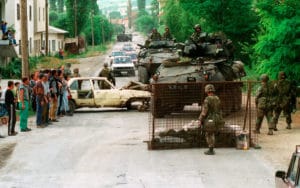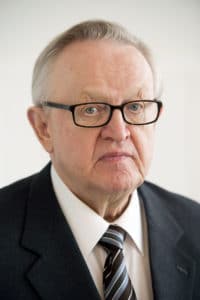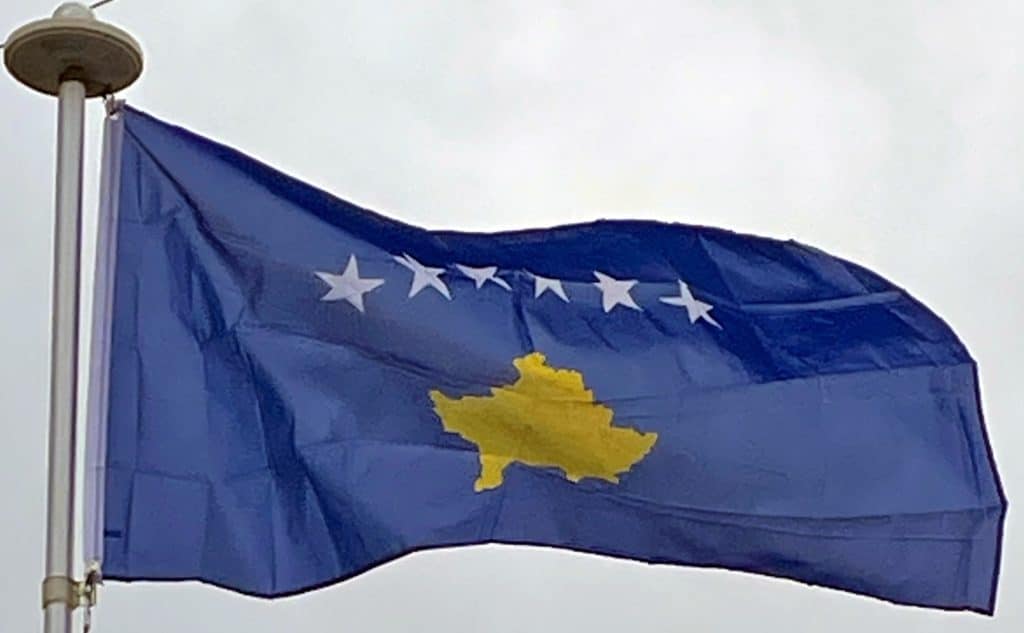By 1998, international pressure compelled Yugoslavia to sign a ceasefire and partially withdraw its security forces. Events were to be monitored by Organization for Security and Co-operation in Europe (OSCE) observers according to an agreement negotiated by Richard Holbrooke. The ceasefire did not hold and fighting resumed in December 1998, culminating in the Račak massacre, which attracted further international attention to the conflict. Within weeks, a multilateral international conference was convened and by March had prepared a draft agreement known as the Rambouillet Accords, calling for the restoration of Kosovo’s autonomy and the deployment of NATO peacekeeping forces.

The Yugoslav delegation found the terms unacceptable and refused to sign the draft. Between 24 March and 10 June 1999, NATO intervened by bombing Yugoslavia aimed to force Milošević to withdraw his forces from Kosovo, though NATO could not appeal to any particular motion of the Security Council of the United Nations to help legitimize its intervention.
Post-War:
On 10 June 1999, the UN Security Council passed UN Security Council Resolution 1244, which placed Kosovo under transitional UN administration (UNMIK) and authorized Kosovo Force (KFOR), a NATO-led peacekeeping force. Resolution 1244 provided that Kosovo would have autonomy within the Federal Republic of Yugoslavia, and affirmed the territorial integrity of Yugoslavia, which has been legally succeeded by the Republic of Serbia.
International negotiations began in 2006 to determine the final status of Kosovo, as envisaged under UN Security Council Resolution 1244. The UN-backed talks, led by UN Special Envoy Martti Ahtisaari, began in February 2006. While progress was made on technical matters, both parties remained diametrically opposed on the question of status itself.

In February 2007, Ahtisaari delivered a draft status settlement proposal to leaders in Belgrade and Pristina, the basis for a draft UN Security Council Resolution which proposed ‘supervised independence’ for the province. A draft resolution, backed by the United States, the United Kingdom and other European members of the Security Council, was presented and rewritten four times to try to accommodate Russian concerns that such a resolution would undermine the principle of state sovereignty. Russia, which holds a veto in the Security Council as one of five permanent members, had stated that it would not support any resolution which was not acceptable to both Belgrade and Kosovo Albanians.
After many weeks of discussions at the UN, the United States, United Kingdom and other European members of the Security Council formally ‘discarded’ a draft resolution backing Ahtisaari’s proposal on 20 July 2007, having failed to secure Russian backing. Beginning in August, a “Troika” consisting of negotiators from the European Union (Wolfgang Ischinger), the United States (Frank G. Wisner) and Russia (Alexander Botsan-Kharchenko) launched a new effort to reach a status outcome acceptable to both Belgrade and Pristina.
Independence:
Kosovo declared independence from Serbia on 17 February 2008. As of 4 September 2020, 113 UN states recognized its independence, including all of its immediate neighbors, with the exception of Serbia. However, 15 states have subsequently withdrawn recognition of the Republic of Kosovo. Russia and China didn’t recognize Kosovo’s independence. Since declaring independence, it has become a member of international institutions such as the International Monetary Fund and World Bank, though not of the United Nations.
